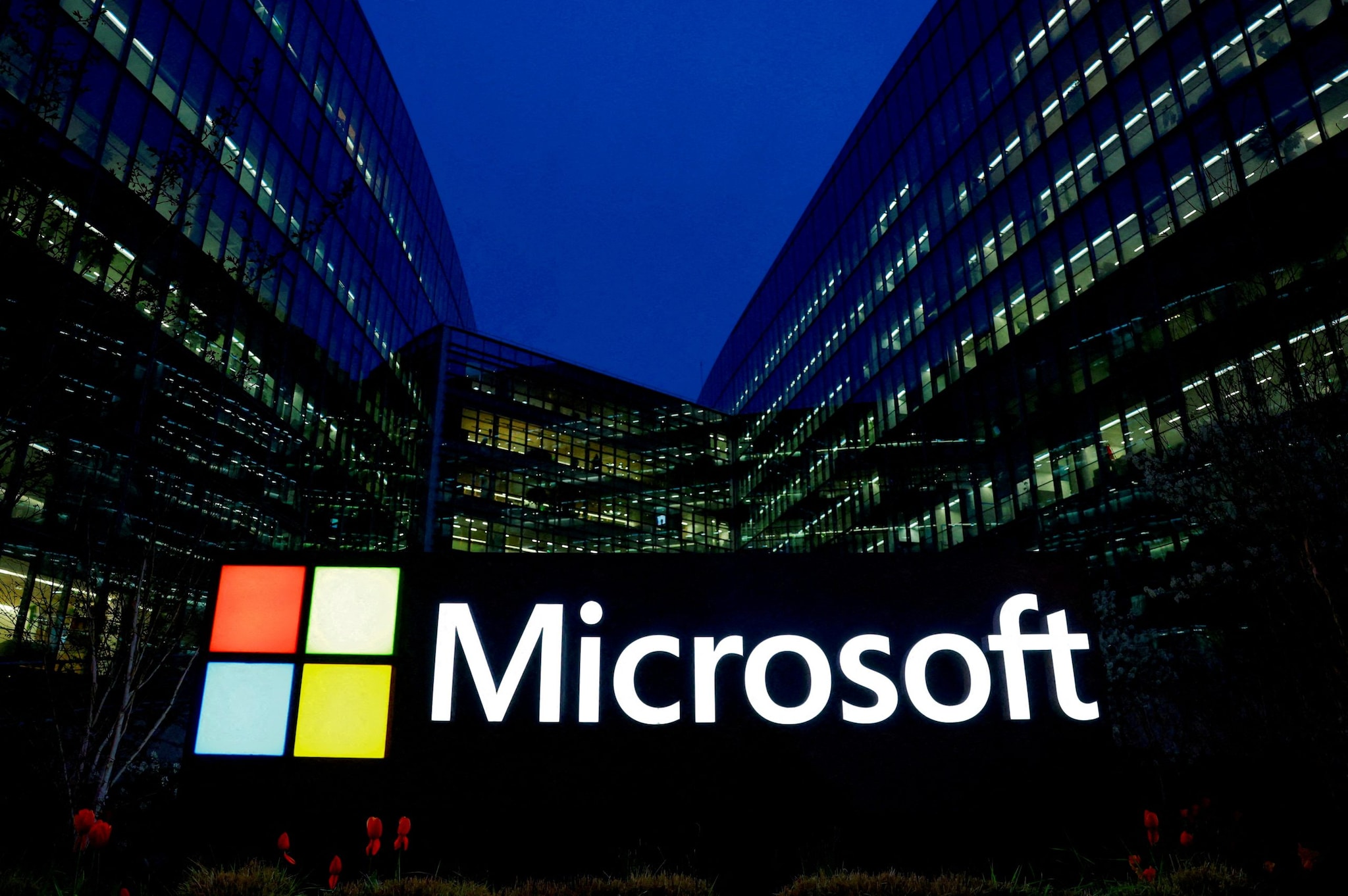Innovations in Tech: The Rise of AI and Decentralized Systems
Author: Ishan Pandey

The world of technology is rapidly evolving, with significant advancements in artificial intelligence (AI) and decentralized systems leading the charge. In recent years, we have witnessed a dramatic shift in how applications are built and utilized, particularly with the emergence of modular decentralized applications (dApps) and AI-powered coding tools. These innovations are not only reshaping digital landscapes but are also enhancing user experiences and operational efficiencies across various industries.
Dana Love, Chief Technology Officer of Andromeda, recently discussed the development of a decentralized operating system aimed at fostering a new generation of dApps. This OS is designed with modular architecture, allowing developers to create applications that can seamlessly communicate across different blockchains. By embedding artificial intelligence within this infrastructure, developers gain the tools needed to enhance scalability and streamline operations, thereby promoting a more robust Web3 ecosystem.

Dana Love, CTO of Andromeda, discusses the benefits of a decentralized OS for developers.
In tandem with these developments, there has been a noticeable shift in how software development is conducted, particularly with AI integration. Haimeng Zhou, in his recent article, highlights how coders are transforming their roles into team leaders, managing AI coding assistants to boost productivity. The shift involves asking clarifying questions and rigorously testing outputs to ensure high quality and performance. This proactive approach allows developers to transition smoothly into roles that require oversight of AI-generated code, thereby enhancing their skill sets and operational capabilities.
The burgeoning collaboration between humans and AI in software development is a compelling narrative within the tech industry. As AI tools become increasingly sophisticated, developers must navigate this landscape gracefully. Instead of viewing AI replacements, there is a growing trend of viewing these tools as companions that can alleviate mundane tasks while enhancing creative endeavors.

Visual representation of AI-assisted coding and human collaboration.
The integration of AI does not stop with coding. Recently, Google launched its AI Edge Gallery, enabling users to download and run AI models directly on Android devices. This move marks a significant step in making AI tools accessible at the consumer level, allowing individuals to leverage AI capabilities for personal tasks and applications. Anticipation is growing for the upcoming support for iOS devices, which will further expand the reach and utility of this technology.
With these advancements, there is also a sociocultural shift taking place, particularly evident in how younger generations engage with technology. According to OpenAI CEO Sam Altman, Gen Z is increasingly turning to AI solutions, such as ChatGPT, for important life decisions. This trend reflects a significant transition in how individuals interact with technology, suggesting a trust in AI for guidance previously reserved for human advisors.

Gen Z leveraging AI tools for personal decision-making.
Despite the promising landscape of AI and decentralized applications, challenges remain. Microsoft’s recent job cuts reveal a stark reality where traditional tech roles are being restructured in favor of AI-focused positions. The company is navigating a workforce shift as it embraces AI's potential to drive efficiency, showcasing how industries at large are adjusting to this new paradigm.
In addition to individual job impacts, the broader implications for companies are worth noting. As organizations prioritize AI roles, there is a pressing need to upskill existing employees to foster a workforce that can thrive in a tech-driven environment. This transition, while challenging, presents opportunities for learning and growth in emerging fields.

Microsoft's recent layoffs highlight the ongoing transformations in the tech labor market.
The tech landscape is also seeing competitive pressures as companies strive to offer better AI services. A recent report revealed that OpenAI is expanding its ambitions toward competing with major players in the personal assistant arena, notably targeting Apple’s Siri. As AI solutions continue to evolve, including those incorporated into smartphones, the rivalry among tech giants will likely intensify.
In conclusion, the ongoing developments in AI and decentralized systems are set to reshape the future of technology. From enhancing productivity in software development to empowering users with accessible AI tools on mobile devices, the landscape is ripe for innovation. As companies adopt these technologies, the interplay between human capabilities and AI systems will determine the trajectory of various industries.
The conversation around the future of technology is not just centered on the tools themselves, but also on how they will be integrated into lives to foster growth and efficiency. It will be crucial for developers and end-users to adapt to these new paradigms, maximizing the potential of AI and decentralized systems.